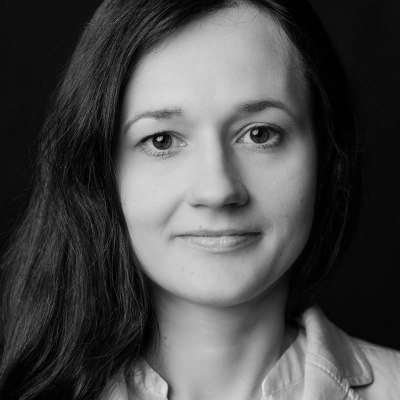Another step towards to EU copyright reform
On 12 September 2018 the European Parliament approved a proposal for a copyright directive. For the directive to become law another vote has to be held, and this will be in 2019.
In fact, the European Commission made the proposal in September 2016. It was then approved by the member state governments (Council of the EU). At the beginning of July 2018 it was rejected by the European Parliament, which decided that it should be debated further. Following some minor amendments it has now approved the proposal.
The directive is a contentious issue due to the new exclusive rights and control mechanisms it introduces. These are intended to improve copyright protection, but also provide better protection for press publishers’ and sports events organisers’ outlays. The changes are also intended to give press publishers and writers a right to revenue when their works are used online. Critics of the directive say it undermines freedom of speech and is censure of the internet, and point out the burden it will place on website owners. The directive has been dubbed “ACTA 2” in reference to the protests against ACTA six years ago.
Press publishers entitled to revenue for articles posted on websites
The proposal provides for new rights for press publishers, who will have an exclusive right to reproduce their works – press publications (permanently or for a limited time, in whole or in part by any means and in any form) and exclusive right to communication to the public of such publications by wire or wireless means at a time and place of their individual choosing, for instance online. At the moment, music and movie publishers have similar exclusive rights to reproduce and disseminate musical and film works.
These rights (related rights) are intended to enable press publishers to obtain revenue for digital use of their publications by information society service providers. This means that a publisher will have a right to license digital press publications, and this will mean a fee will apply. Publishers will not be able to object to use of their articles by individual users only when this is for private and non-commercial purposes. The European Parliament has also proposed that posting links accompanied by a few words will be exempt from this licensing right.
Therefore, posting a link with the title of the article and the first few sentences, and often a photograph as well, by internet platforms themselves will be subject to publisher licensing.
Critics of the changes say for instance that charging a fee for communication of press publications could hinder access to reliable articles produced by well-known journalists and publishers. This could create a situation enabling dissemination of untrue information, as these websites will not expect a fee of any kind.
Under the proposal, publishers will have these rights for five years from the day the article is published, but this period will be counted from 1 January of the following year.
Only sports events organisers will be entitled to record them
The proposal will also give sports events organisers exclusive rights similar to the rights given to press publishers. This means that sports events organisers will have the exclusive right to decide the manner of reproduction of their events and communication to the public by wire or wireless means at a time and place of their individual choosing, for instance online. They will also have the exclusive right to record these events and record broadcasts of these events.
The laws described above are intended to resolve questions about whether organisers alone are entitled to record and communicate sports events to the public, or whether other persons, for example spectators, can do so as well.
Obligation to filter user content
The proposal also requires websites on which users can post various kinds of content (Facebook, YouTube, Twitter) to sign licensing agreements with copyright holders. These agreements would regulate liability for the placing by users of copyrighted content for non-commercial purposes. If the rightholders are unwilling to enter into these agreements, these platforms and rightholders will be required to work together to prevent unauthorised posting of copyrighted content on the platforms.
Meanwhile, the proposal states that collaboration between platforms and rightholders should not cause prevention of access to content that does not infringe copyright. This would apply for example to memes, parodies, and caricatures.
The new directive would therefore de facto require websites and internet platforms to filter content to prevent copyright infringement. This obligation would only apply to website and internet platform owners that store and provide public access to large amounts of user-posted copyrighted content for commercial purposes. There is an exemption from this obligation for small businesses and microenterprises, websites operated for non-commercial purposes, (online encyclopaedia), websites where content is communicated with the rightholders’ consent (scientific and educational repositories) operators of cloud services for private use whereby direct public communication is not possible, platforms on which open source software is developed, and online shopping sites.
The issue of content filtering is controversial because it would almost certainly entail developing and implementing special software, and thus substantial outlays. It might also mean preventative censorship. Opponents of the legislation also argue that lawful content could be taken down due to mistakes made by the filter tool. On the other hand, these tools would help rightholders combat infringement of their works.
What is going to happen next?
It is not known what form the new system will ultimately take. At the moment, institutions are negotiating particular provisions in the directive. Further amendments can therefore be expected. The final vote on the directive will be held in 2019, but even now it is clear that the directive, which is essentially aimed at strengthening rightholders’ legal position, will have a major impact on the activities of internet sites and their users, and force them to pay more attention to the content they post.
Katarzyna Pikora, legal adviser, Intellectual Property Practice, Wardyński & Partners
